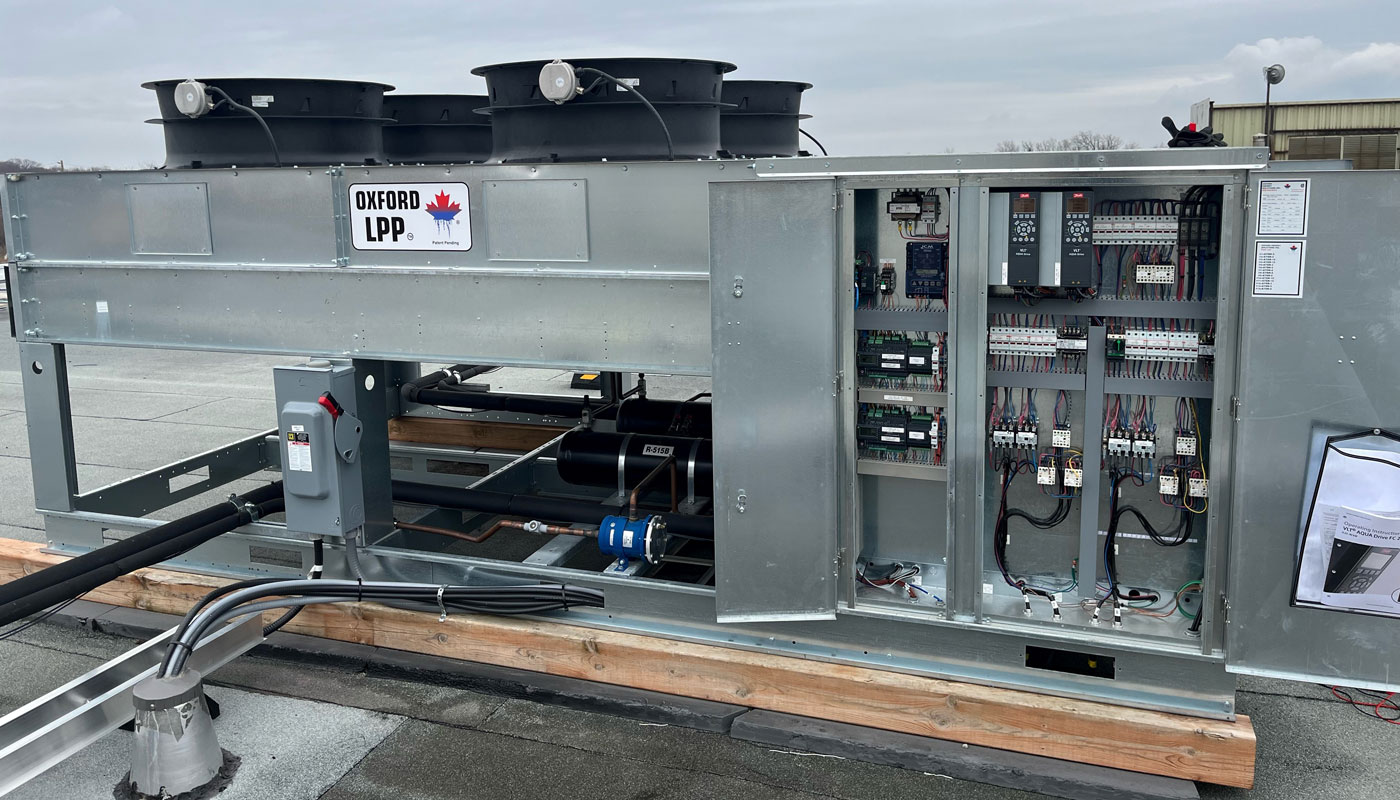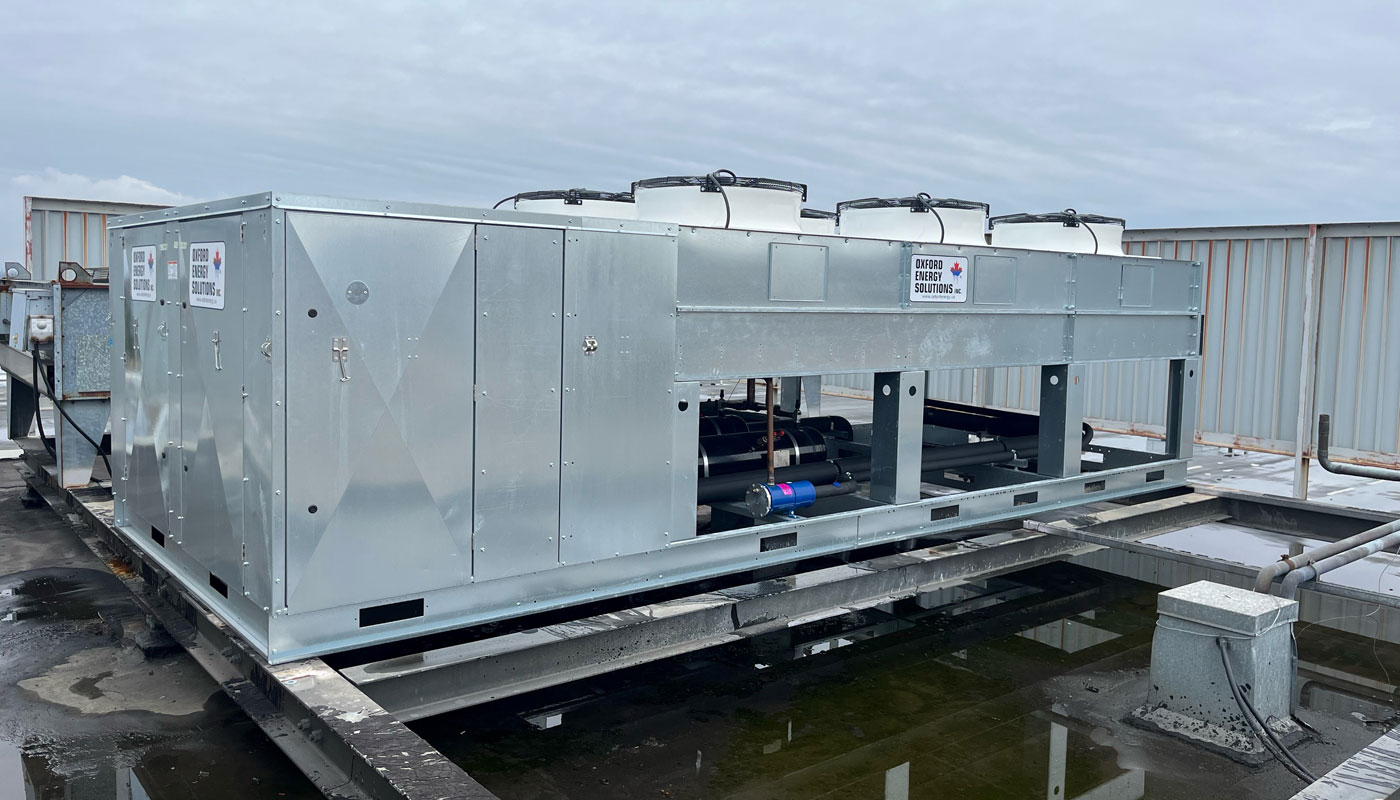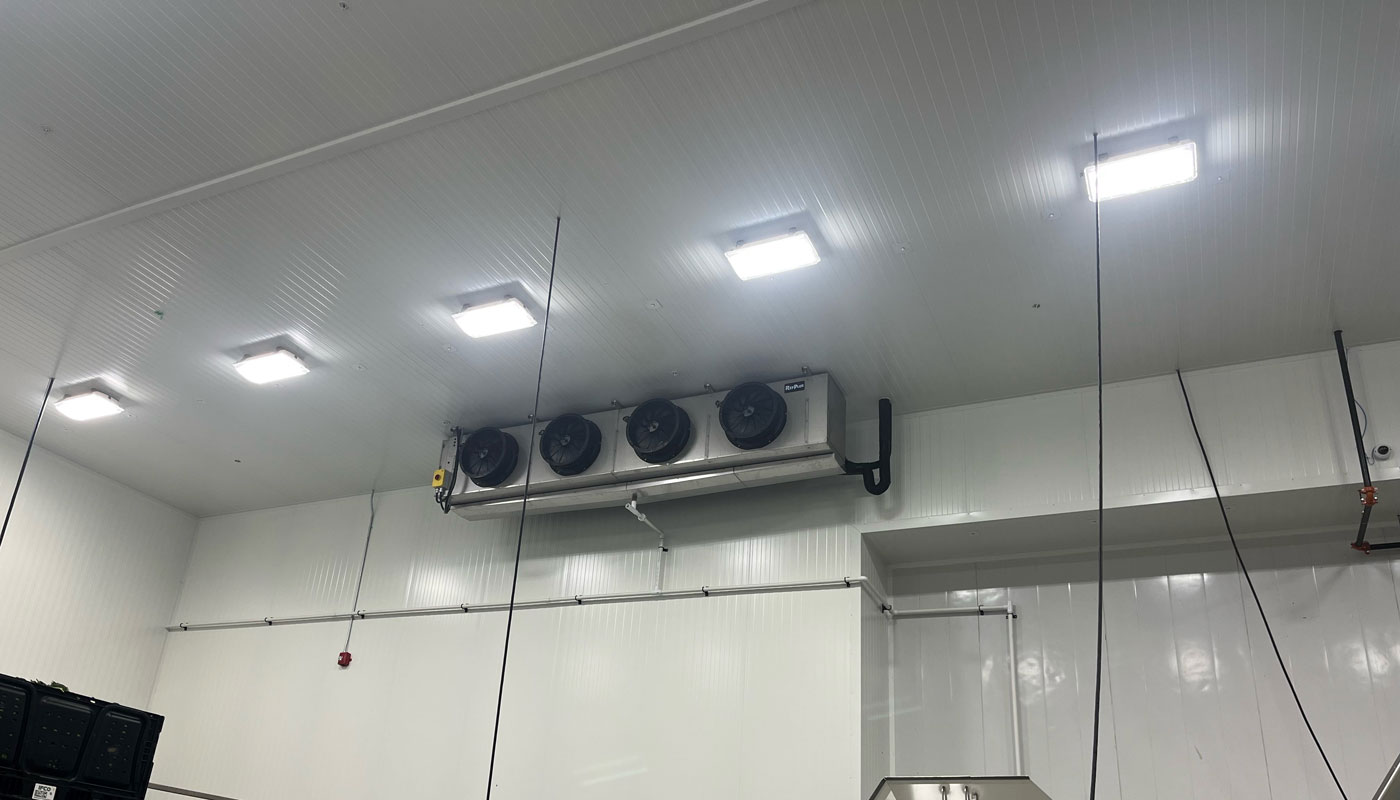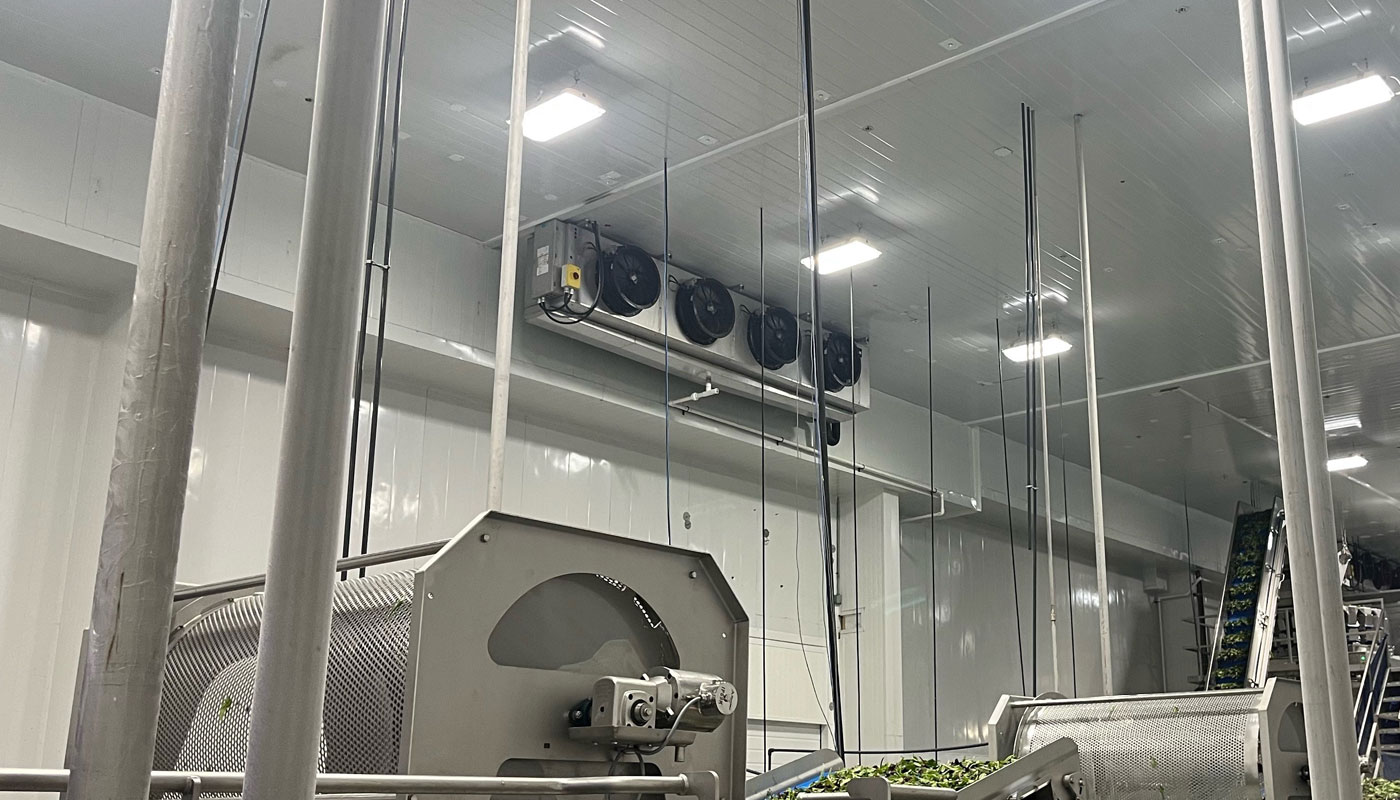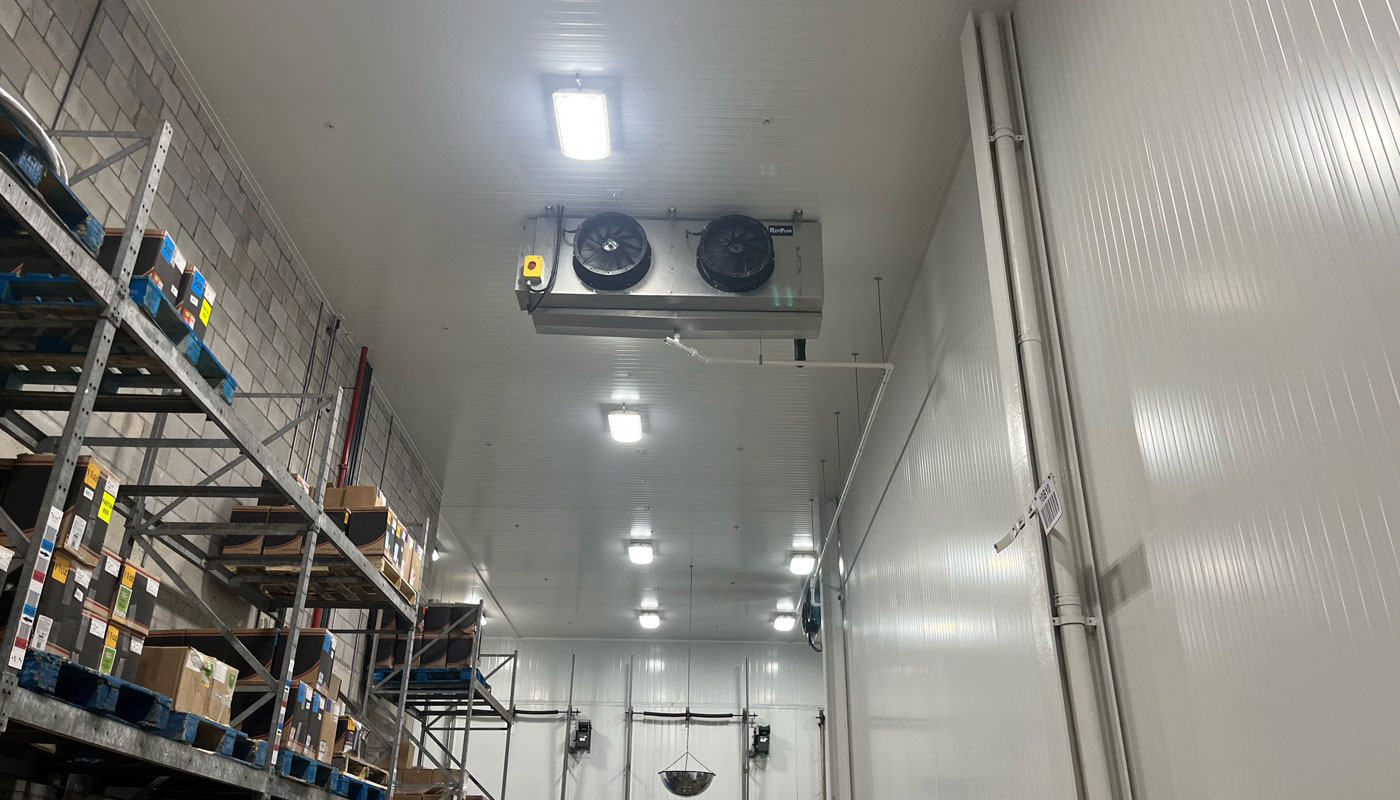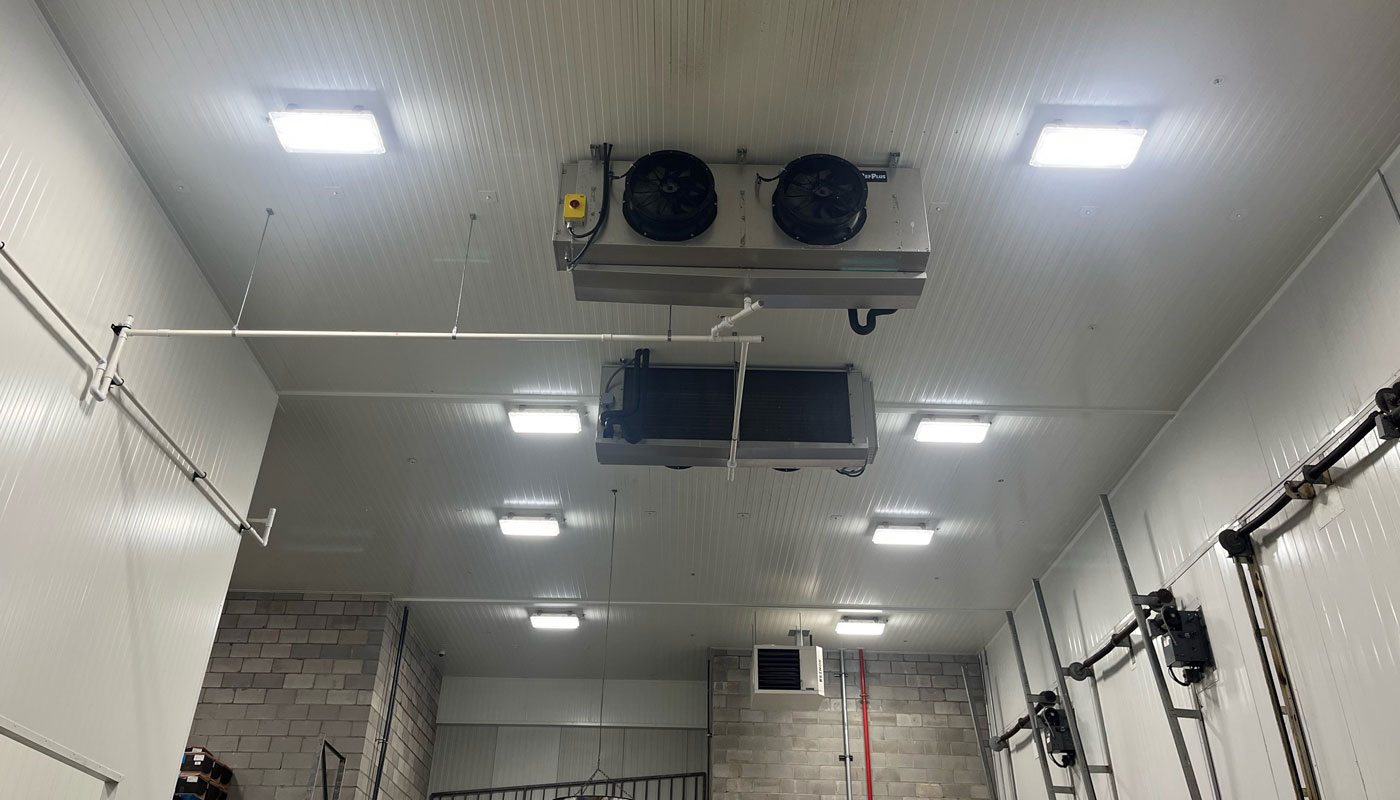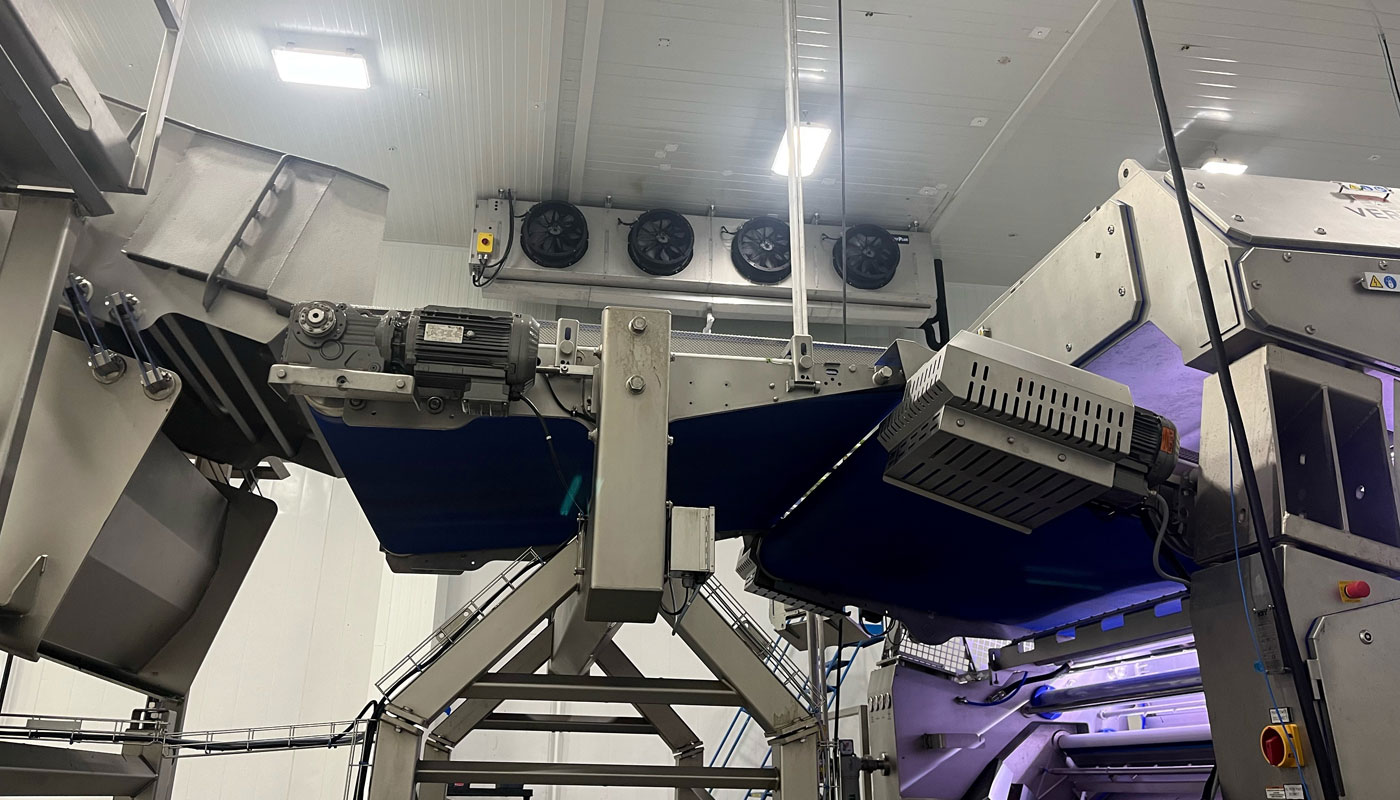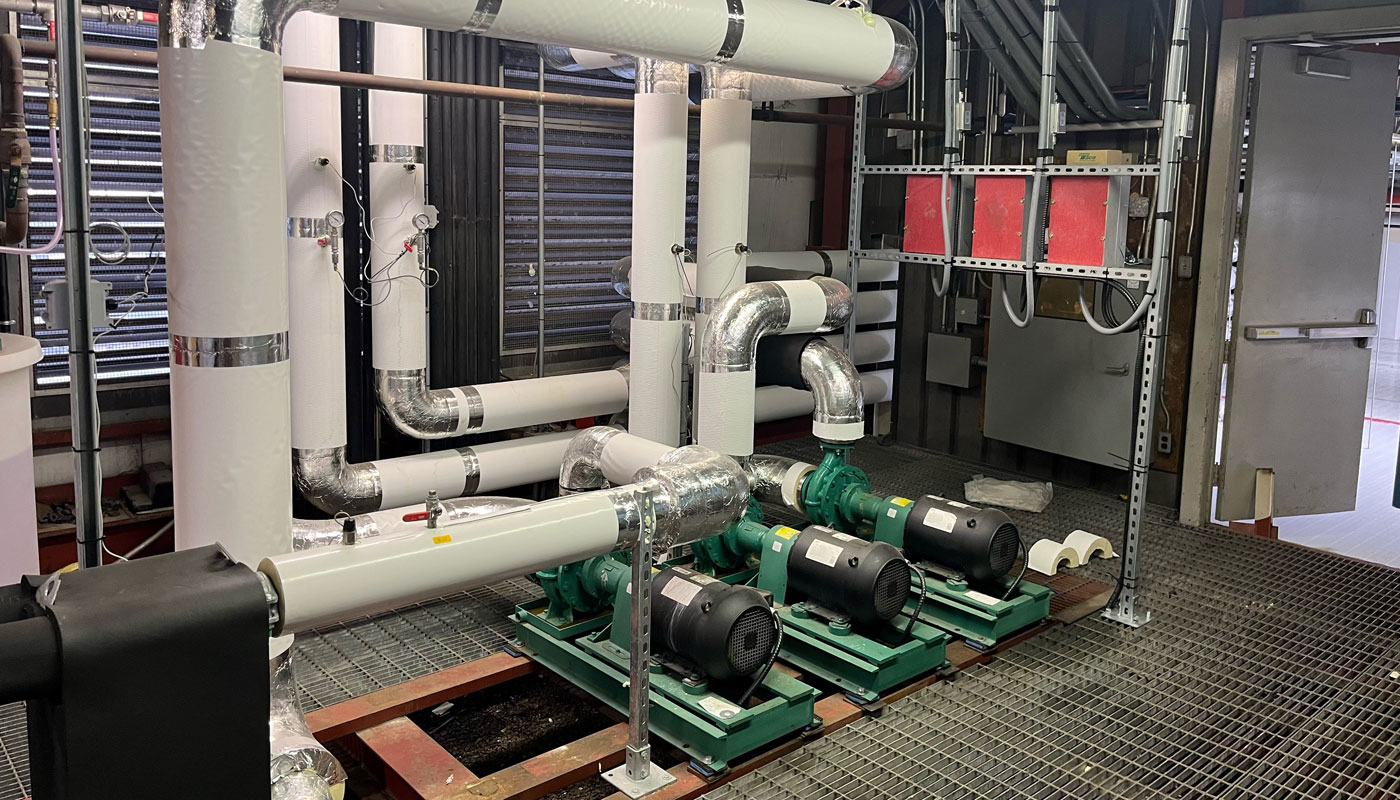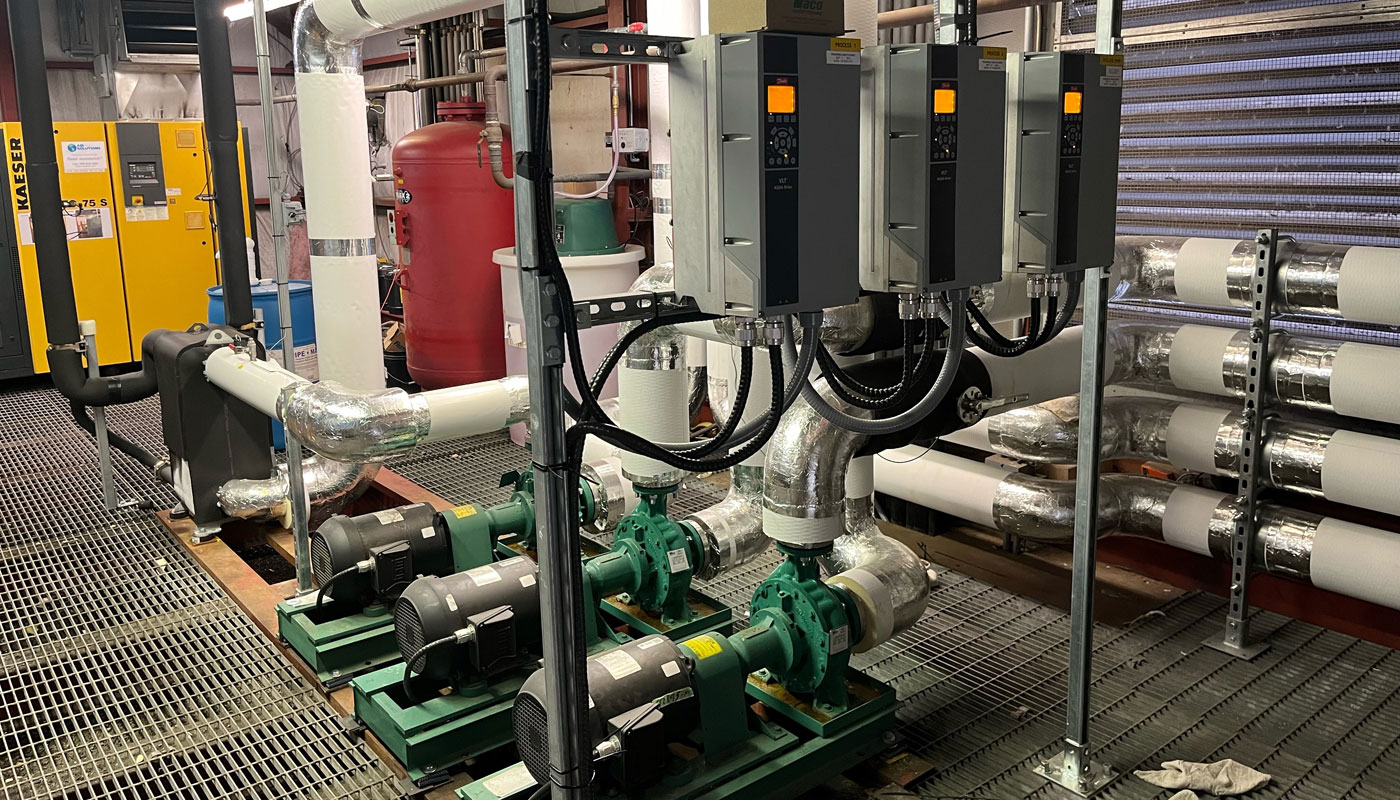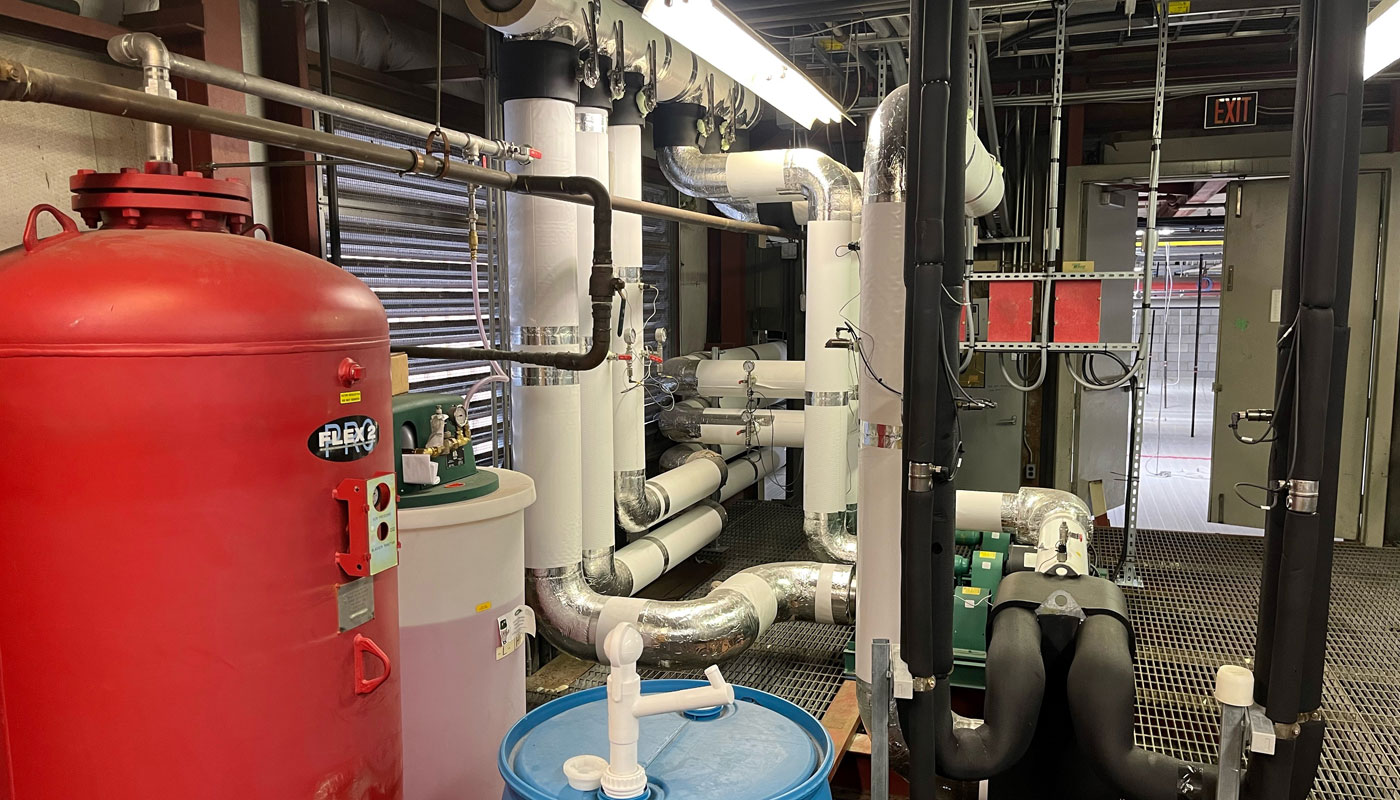How Low Can You Go? (And What Are the Benefits?)
A company's effort to reduce contributions to climate change involves extensive evaluation of how it operates and how to make changes that can be maintained and profitable simultaneously. For industries that depend on refrigeration, measurably lowering their carbon footprint includes strategies besides replacing high GWP refrigerants. It involves reducing overall emissions (direct and indirect) and preserving the environment and its natural resources. How "low" we can take a footprint depends on the refrigeration system's fundamental design. The impact of pressures, components, refrigerants, maintenance requirements, and energy consumption all originate in the initial design of the equipment. When design strategies are executed well, there are significant benefits to the environment and a company's bottom line; – so how low can we reduce our footprint, and what are the benefits?
Equipment designed with advanced technologies increases operation efficiency and significantly lowers refrigeration's impact. Companies like Ippolito Fruit & Produce, which invest in integrated systems designed to 'use less to achieve more,' can attain better refrigeration results and meet sustainability goals. Ippolito Fruit & Produce is a member of the Ippolito Group of Companies, a vertically integrated company that grows, processes, packs, and transports produce bearing the Queen Victoria® brand. As one of the largest produce suppliers across North America, they provide their customers with the highest quality products and services while cultivating a dedication to environmental stewardship. The modern food industry has an increased focus on sustainability as reducing waste, carbon emissions, and natural resources have become prominent issues. Requiring new equipment at their Burlington facility, Ippolito explored ways to reduce its carbon footprint and enhance efficiency in its cold chain.
An inefficient refrigeration system with high maintenance costs and environmental concerns prompted Ippolito to focus on innovation and technology to manage its impact. They needed a system that could meet their load requirements with better control measures to address refrigerant leaks and reduce energy consumption while optimizing efficiency to enhance their bottom line. With diligent practices in place to ensure product quality and preservation from post-harvest to the point of purchase, the company benefits from knowing more about what is happening inside the system and the ability to control it.
Lower Maintenance Cost, Lower Risk of Product Loss
Poor system performance that goes unnoticed can increase a carbon footprint with high energy consumption and the impact of equipment failure. The OLPP™ offers Ippolito visibility into its equipment with advanced control strategies that optimize efficiency and safeguard the system. Insight and control are essential to improve cold chain logistics and protect critical investments, with the advantage of lowering emissions.
Sensori Control™ uses advanced technology to link every device in Ippolito's system in smart communication. With continual monitoring, it gathers and processes valuable information, analyzing the operation of each component and its contribution to overall system performance. The integrated system uses artificial intelligence to create a template of optimal performance and applies it across the system to ensure components maintain optimal ranges. Machine learning allows the platform to improve operations continually, decreasing equipment failure and downtime at the facility.
Ippolito gains complete and secure system management with streamlined data about its machines and products throughout all production points that is locally and remotely accessible through any IPC-connected device. Ippolito can use the same cloud-based system to track temperatures during transport and incorporate system management into its entire cold chain. Connectivity and the ability to intervene with system faults greatly benefit maintenance programs and product safety while preventing potentially adverse environmental effects. Insight and seamless control over its system reduces Ippolito's footprint by eliminating undetected issues with complete system diagnosis and supporting optimal performance.
Lower Compression Ratios, Lower Energy Consumption
High energy consumption increases carbon emissions. Without management capabilities and integrated controls, the previous system at Ippolito could not operate based on real-time cooling demand and continually ran at full capacity with fixed, higher compression ratios. The compression ratio relates to energy output and shows how hard equipment must work to move refrigerant to reject heat. Lower compression ratios allow systems to move the refrigerant through the system more efficiently.
The OLPP is designed as a floating system, allowing it to run with the lowest possible compression ratios and adapt to changing ambient temperatures and load requirements. When ambient temperatures drop, there is no need to have the system use the same energy to move refrigerant as when temperatures are high. Integrated, VFD-controlled compressors allow system pressures to fluctuate with the ambient – using only the power needed to meet cooling requirements. Without the added energy consumption of fixed ratios and continual operation, Ippolito reduces emissions by approximately 30% and benefits from better cooling performance with energy savings.
Lower Operating Pressures, Lower Risk, Less Energy, Fewer Parts
The pre-existing system at Ippolito required continual maintenance efforts and refrigerant replacement due to leaks, which is environmentally and financially taxing. Systems that rely on higher pressures to push refrigerant through the system use more energy and put stress on system components, increasing the potential for repetitive servicing and leaks. Escaped refrigerant contributes to emissions, increases energy consumption, and causes system inefficiencies. The design of the OLPP™ eliminates the need for high pressures with the integrated, digitally controlled platform. By replacing pressure-dependent devices with electronically governed controls, the system uses fewer components by making mechanically driven and pressure safety devices unnecessary. By lowering the pressure needed to run its system and reducing system complexities, Ippolito gains the benefits of using less energy, extending the life of its equipment, and minimizing direct CO2 emissions.
Low GWP, Low Charge, No Water Consumption
Ippolito has clearly defined sustainability goals, evident in the efforts they invest in water conservation. Their recent water filtration system installation enables recycling and reduces consumption by 40%. With water playing a significant role in food processing, lowering the impact of using the resource has substantial economic and environmental benefits. The company's efforts towards reducing its carbon footprint and water conservation invalidate the consideration of Co2 and Ammonia systems that consume more of the resource and involve additional energy, mechanical, and safety requirements for the higher pressures required.
Consuming no other natural resources, the OLPP™ is designed to operate with low-pressure refrigerants and is compatible with future low-pressure replacements. Refrigerants can be easily replaced with a simple setting change in the control panel and require no equipment or operation changes. The platform's flexibility extends the longevity of the company's investment. The architecture and the combined effects of integration, low pressures, and low compression ratios optimize how refrigerant flows through the system, resulting in a significantly lower refrigerant charge to provide the cooling required. The considerably lower charge has fiscal benefits and reduces GHG emissions by 94%. By replacing the system using high-pressure R-22 with the OLPP and low-pressure HFO R-515b, the company gains a low-pressure refrigerant's performance and safety benefits. It lowers GWP by more than 83%.
How Low Can You Go?
Adopting the low-pressure differential platform with integrated solutions throughout their facility has culminating benefits for lowering Ippolito's footprint and benefitting its bottom line. System reliability, efficiency, cost-effectiveness, and addressing environmental impact start with design. A well-designed platform with total system management can drastically reduce greenhouse gases and deliver a long-term refrigeration solution. Advanced system management technologies designed into the platform deliver visibility and control strategies that provide transparency of equipment operation and optimize performance. Equipment running at lower pressures and compression ratios has less internal heat, vibration, and stress, resulting in massive power reductions and increased reliability and longevity. The benefits of low-pressure refrigerants allow for reduced refrigerant charge sizes, less piping, and lower leak rates. The OLPP's low- pressure design with advanced control strategies reduces the total life cycle impact of equipment. When it comes to reducing overall emissions, how low we can go depends on how well a system utilizes technology and innovation in its design.


